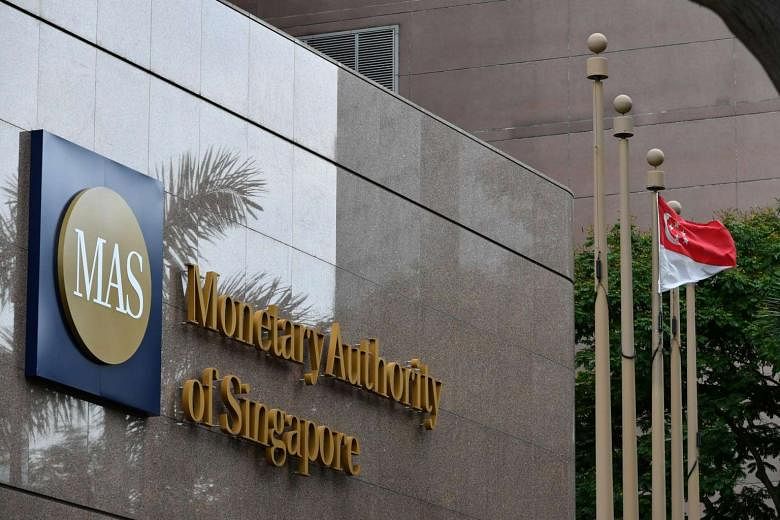The Monetary Authority of Singapore (MAS) will soon be equipped with more powers to resolve the issue of distressed financial institutions in an orderly manner.
This will help enhance Singapore's resolution regime, bringing it up to date with international developments, Mr Ong Ye Kung, Minister for Education (Higher Education and Skills) and Second Minister for Defence, told Parliament yesterday.
He was presenting the second reading of the MAS (Amendment) 2017 Bill on behalf of Mr Tharman Shanmugaratnam, Deputy Prime Minister and minister-in-charge of MAS. The Bill was passed yesterday.
Said Mr Ong: "We need to update our laws and regulations that deal with resolution, so as to ensure effective handling of a financial institution that gets into serious trouble, and especially to avoid contagion or a loss of confidence in the system.
"Our entire supervisory system is geared to reduce the risk of a financial institution in Singapore failing, but it is not possible to rule out such an eventuality, especially as our financial system is closely integrated with the global financial system."
Under the changes, the MAS will be able to get pertinent financial institutions - such as banks, finance companies and collective investment scheme trustees - to prepare recovery plans and submit these for resolution planning.
"This is necessary because robust and credible recovery and resolution plans can reduce the risks that a distressed financial institution poses to the stability of the financial system," said Mr Ong.
The changes will allow MAS to write down or convert a financial institution's debt into equity. This can help recapitalise distressed financial institutions, and reduce the risk to depositors and reliance on public funds to "bail out" such institutions, Mr Ong noted.
Also, in the event of a resolution, there will be a compensation framework for creditors more adversely affected in a resolution than they would have been in a liquidation.
To determine the amount of compensation payable, valuations will be performed by a valuer appointed by the minister-in-charge of MAS, and the compensation amount will be payable out of a Resolution Fund.
The MAS, as the central bank, will first provide a temporary loan to the Resolution Fund for its immediate operating needs, while withdrawals from the Resolution Fund will later be recovered from the industry via ex-post levies.
Mr Ong addressed concerns over the effectiveness of the financial institutions' recovery and resolution plans as well, noting that each plan will be reviewed regularly.
The MAS, for instance, will stress-test the banks, and the lenders are expected to establish their own frameworks to test the effectiveness of their recovery plans. This will help improve the robustness of the banks over time, he said.
The Bill followed a round of public consultation in 2015. The changes were then proposed in April last year.


